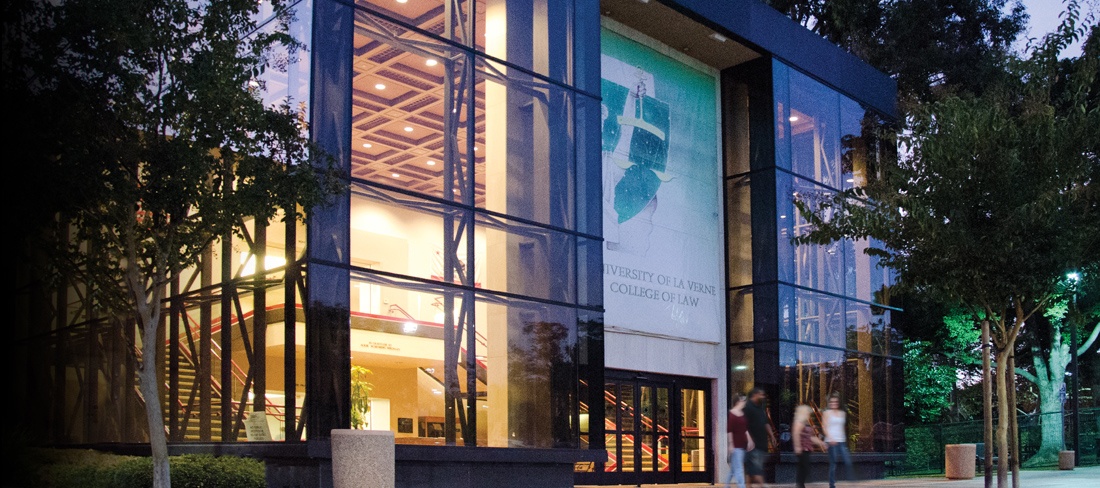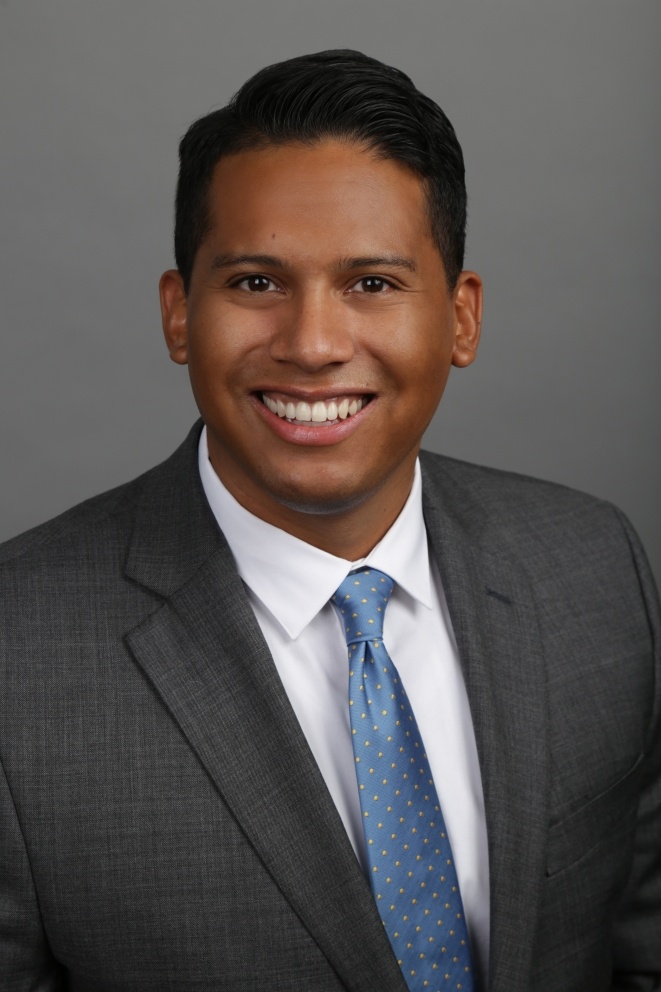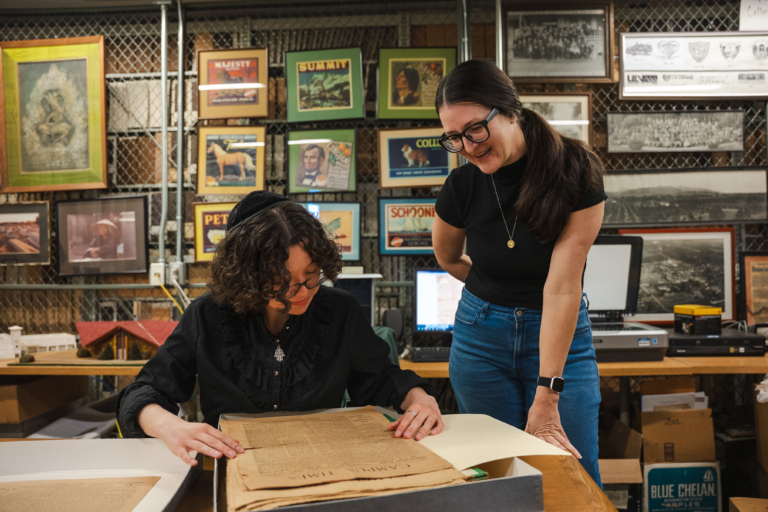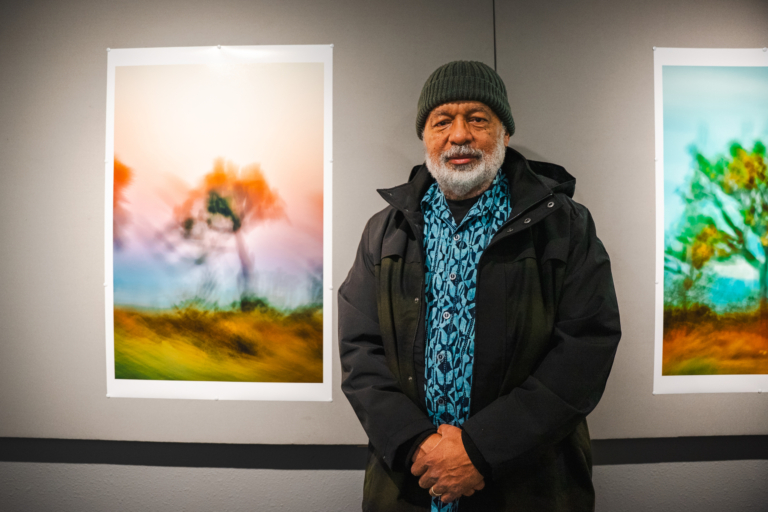College of Law Student Publishes Article on Supreme Court Ruling in Death Penalty Trial

In a little more than two weeks, Andrew Lopez will begin his second year of studies at the University of La Verne’s College of Law. When he does, he will have something few law students have produced – a scholarly article published in an official publication of a county bar association.

Lopez, an intern in the Riverside County Public Defender’s Office mental health unit, partnered with his supervisor, Juanita E. Mantz, a Riverside County deputy public defender, to produce the article on a recent U.S. Supreme Court ruling involving a defendants’ mental competency to stand trial. The article appears in the July-August 2018 issue of Riverside Lawyer magazine, a publication of the Riverside County Bar Association.
The work has resulted in positive comments from members of the legal community.
“I think the most surprising thing is the feedback not just from the Public Defender, but from an appellate lawyer,” Lopez said.
The latter, the appellate lawyer for the Public Defender’s Office, told Lopez that the subject of the article will draw greater attention and study in legal circles. That, Lopez said, was flattering.
College of Law Dean Kevin S. Marshall agreed, calling the publication a “significant achievement.”
“I’m unaware of too many student who have published,” Marshall said. “Even before graduating, he’s being a voice in the legal community. He’s actually influencing the narrative out there.”
The article focuses on McCoy v. Louisiana, a case that went before the Supreme Court earlier this year. The case involved a man who faced the death penalty for the alleged killing of three people.
The defendant exhibited signs of being mentally unstable, but because he understood the basics of his legal proceedings, the court deemed him mentally competent to stand trial. However, the mental instability affected the defendant’s ability to make decisions about his case, Lopez said. That aspect of the case required more attention, Lopez said.
Pointing out that the legal community and the Supreme Court may have marginalized or failed to consider a key factor in a case was intimidating at first, Lopez said.
“It feels like I’m being presumptuous,” he said. “But I knew I was onto something. I think it taught me to not question my curiosity or my ability to think something through.”


